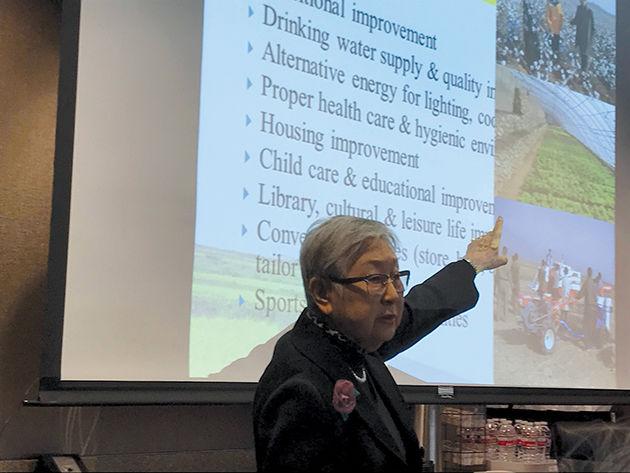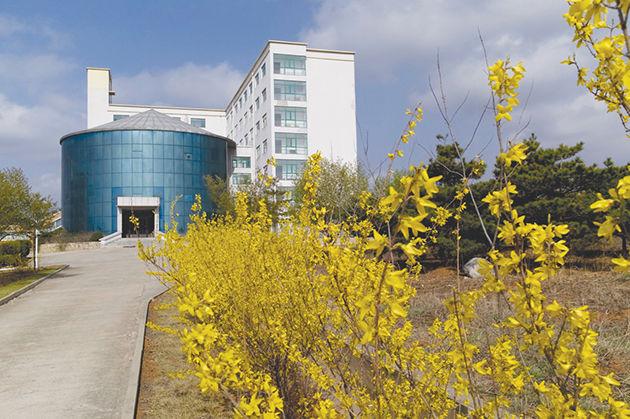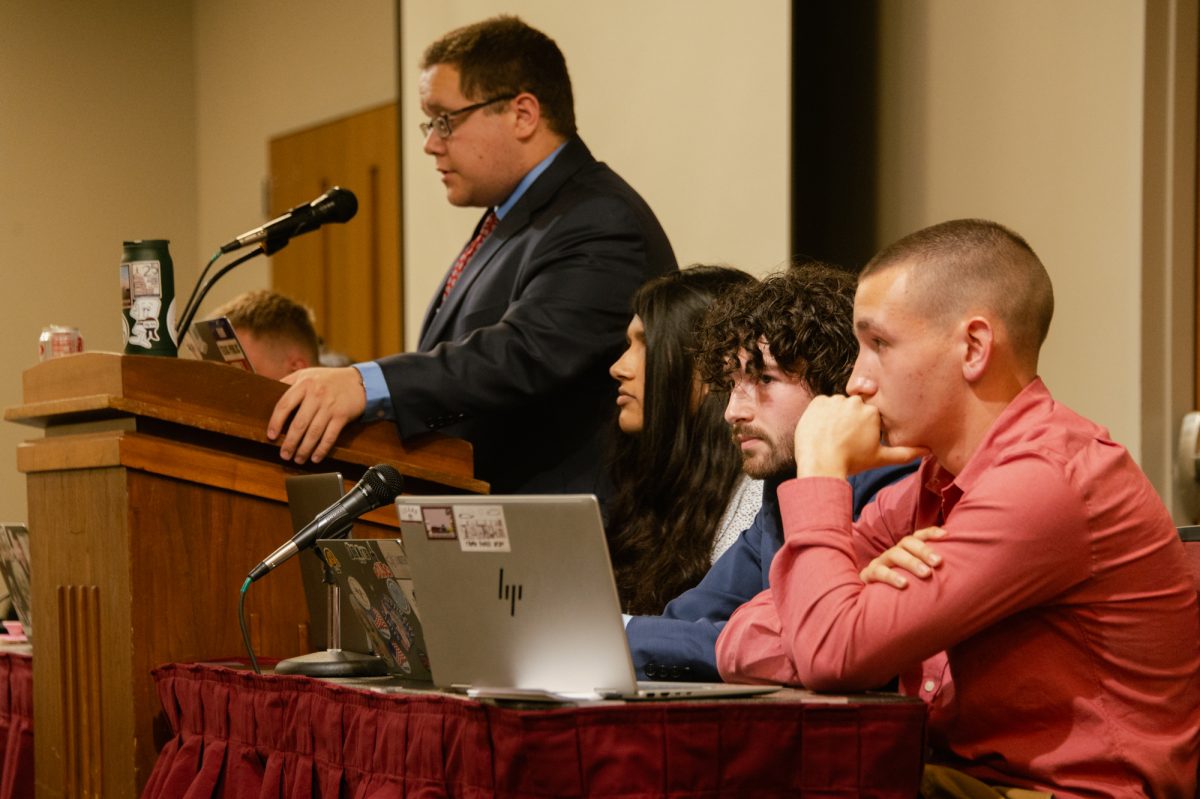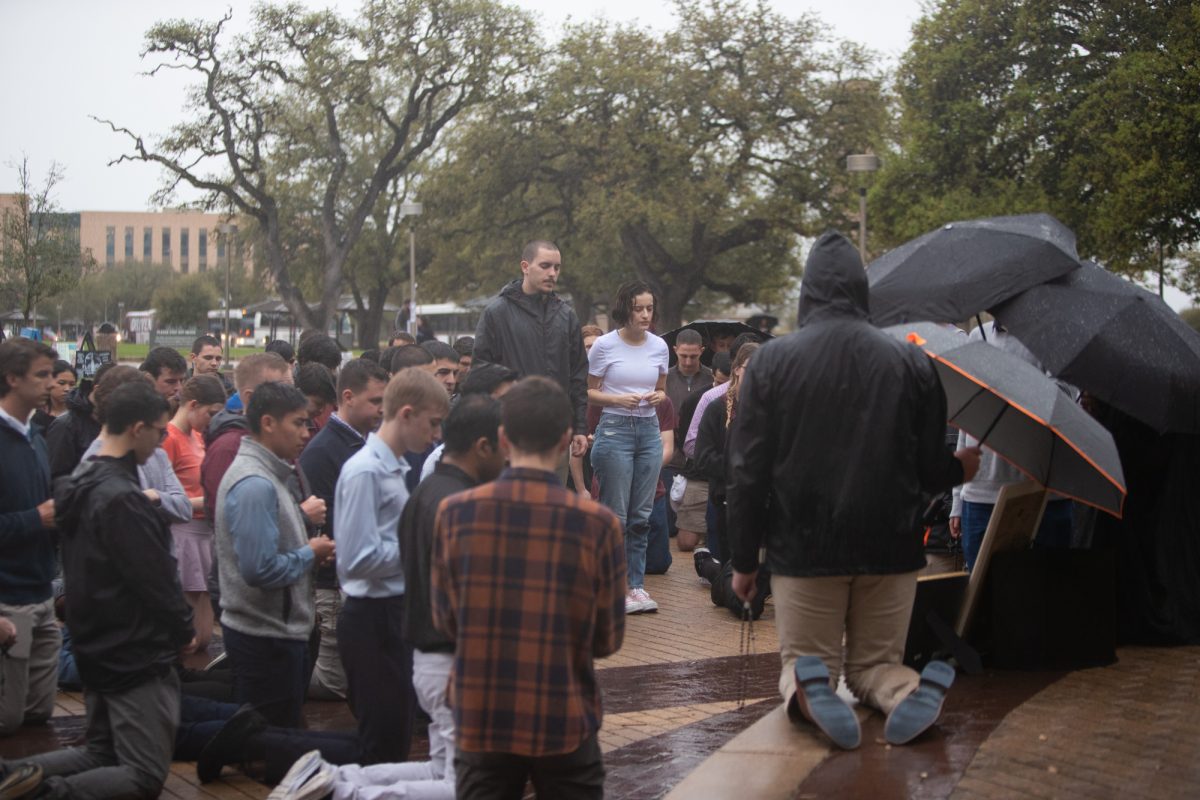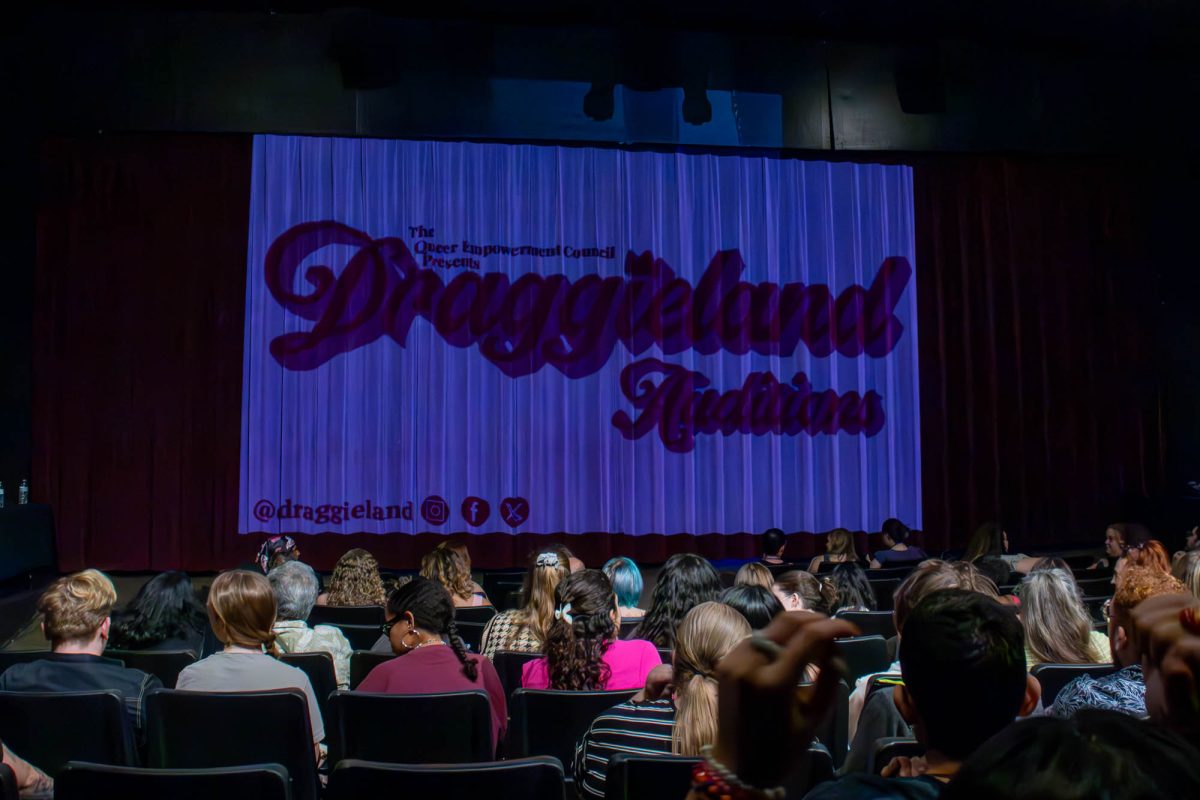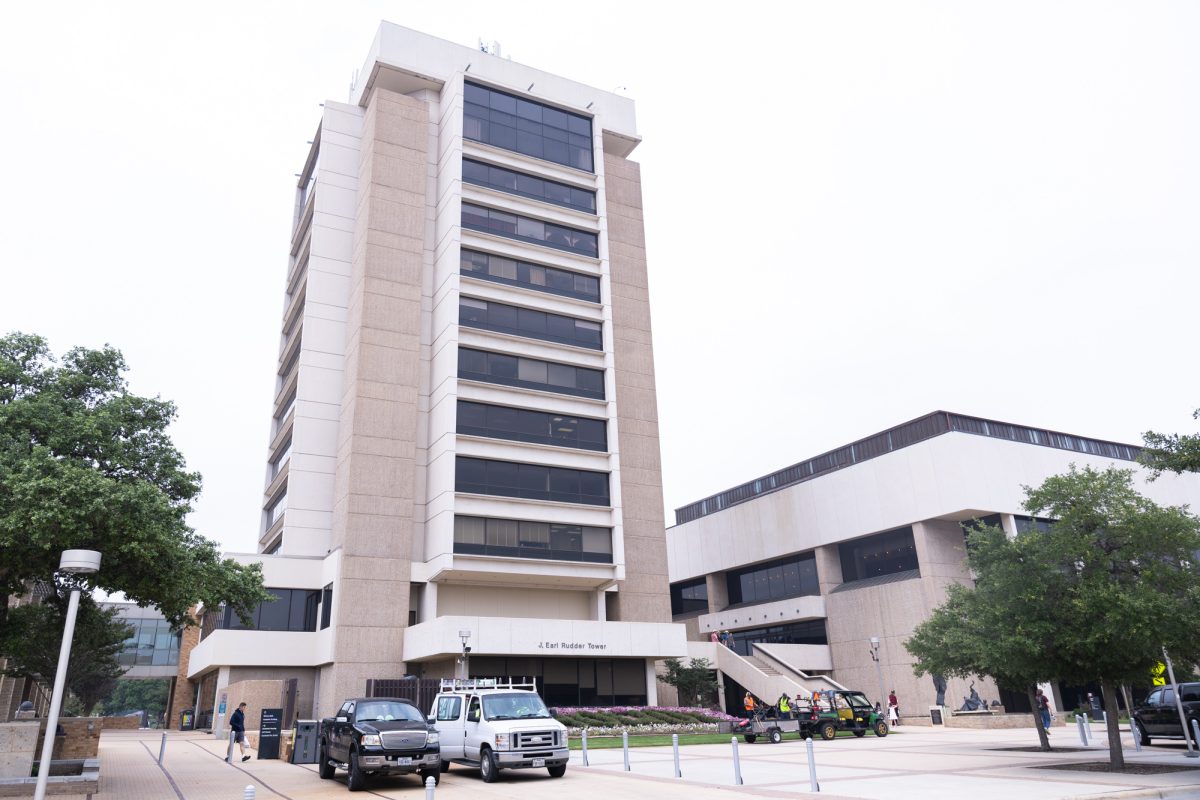Despite a rocky relationship between North Korea and the United States, Texas A&M has agreed to lend aid to a North Korean university in an effort to increase the country’s agricultural production.
University officials from Pyongyang University of Science and Technology, also known as PUST, reached out to Texas A&M late January, requesting academic assistance from the agriculture department.
A&M hopes to work with PUST to improve their agriculture curriculum by providing second-hand materials, guest lectures and academic counseling.
PUST is the only private university in North Korea. Most of its faculty are international, having graduated and taught at schools in the United States and Europe. They receive no funding from the North Korean government, instead getting funds from donations, primarily from churches.
Agricultural economics professor Edwin Price is leading the project on A&M’s side.
“A graduate student about five years ago convinced me to go to North Korea, and I saw the university,” Price said. “We looked for ways we could help them, but there wasn’t a lot we could do due to the bad relationship between the United States and North Korea. Then I met the same group back in October, and we decided to give it another shot.”
As of now, the logistics of how A&M will help PUST are not defined, but Price said they have an idea of what they would like to do.
“It’s quite informal right now,” Price said. There are no contracts or anything. But we will try to improve their teaching in agriculture. We’ll try to help right across the board. Immediately, we want to help their curriculum. We’ll get them materials.”
Price said he hopes A&M is able to send guest lecturers to PUST to help teach.
“If and when it’s possible, we want to send guest lectures to help,” Price said. “We can send them with second-hand equipment for humanitarian purposes.”
The United States has placed sanctions against North Korea, but Price said he doesn’t believe that will hinder A&M working with PUST.
“There is procedure for this, and we will follow protocol,” Price said. “Additionally, A&M has its own rules for working with other universities. So we have to make sure everything we do is legal.”
Price is enlisting the help of A&M students and faculty, including agricultural leadership professor Jim Mazurkiewicz.
“I was contacted by Dr. Price to meet with this delegation,” Mazurkiewicz said. “Dr. Price is knowledgeable of my international cooperation with Poland and Mexico, as well as my travels abroad to study agriculture issues.”
Mazurkiewicz has different expectations from Price about the project.
“My expectation was more of a listening session to learn more about PUST and their needs and limitations,” Mazurkiewicz said. “I do not even know if I will play a role.”
PUST’s International Academic Affairs for United States Relationships chair Norma Nichols said PUST chose A&M due to a prior relationship a faculty member had with Price.
“One of our supporters was a Texas A&M graduate who introduced us to Dr. Price, who was then working as the Director of the Borlaug Institute, thinking that he might be able to give us some advice,” Nichols said. “This kind of school had a potential to be the kind of project that the Borlaug Institute might want to help.”
Nichols has high hopes for the project, which she attributes to the nature of North Korea’s students.
“We are exploring to see the best way that we might work together, possibly for a long-term project that would involve student and faculty exchanges as well as exchange of information and advisory help. North Korean students are very hard-working, intelligent individuals, but they have been very isolated from international involvement,” Nichols said. “We hope to introduce the excellent students at PUST to the excellent students at TAMU, possibly even allowing them to work together on research or projects.”
Despite Price’s and Nichols excitement about the project, not everyone is warm to the idea. Texas congressman Robert O’Rourke expressed doubts about the project.
“It’s hard for me to believe we are doing this,” O’Rourke said. “I understand that North Korea has endured horrific famine and the humanitarian impulse in us is to help people who are unable to help themselves.”
O’Rourke said the United States will need to balance helping the people of North Korea while still adhering to the sanctions, which prohibit the importing and exporting of goods, services and technology, investment in property and doing business with North Korean entities. Humanitarian efforts are allowed under the sanctions and A&M has not signed any formal agreement with PUST, which allows them classify the project as a humanitarian effort.
“We have to balance that with ensuring there are consequences for operating outside of international law,” O’Rourke said. “By building nuclear weapons, threatening their neighbors, and contributing to nuclear proliferation — North Korea has done all of that.There have to be consequences. I don’t want those consequences to result in the suffering and death of these people unnecessarily.”
North Korean university reaches out to A&M professor for academic advice
February 7, 2017
Photo by Provided
Joo Pilju Kim, dean of PUST school of Agriculture and Life Sciences gives a presentation at A&M.
0
Donate to The Battalion
$2065
$5000
Contributed
Our Goal
Your donation will support the student journalists of Texas A&M University - College Station. Your contribution will allow us to purchase equipment and cover our annual website hosting costs, in addition to paying freelance staffers for their work, travel costs for coverage and more!
More to Discover




